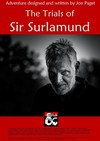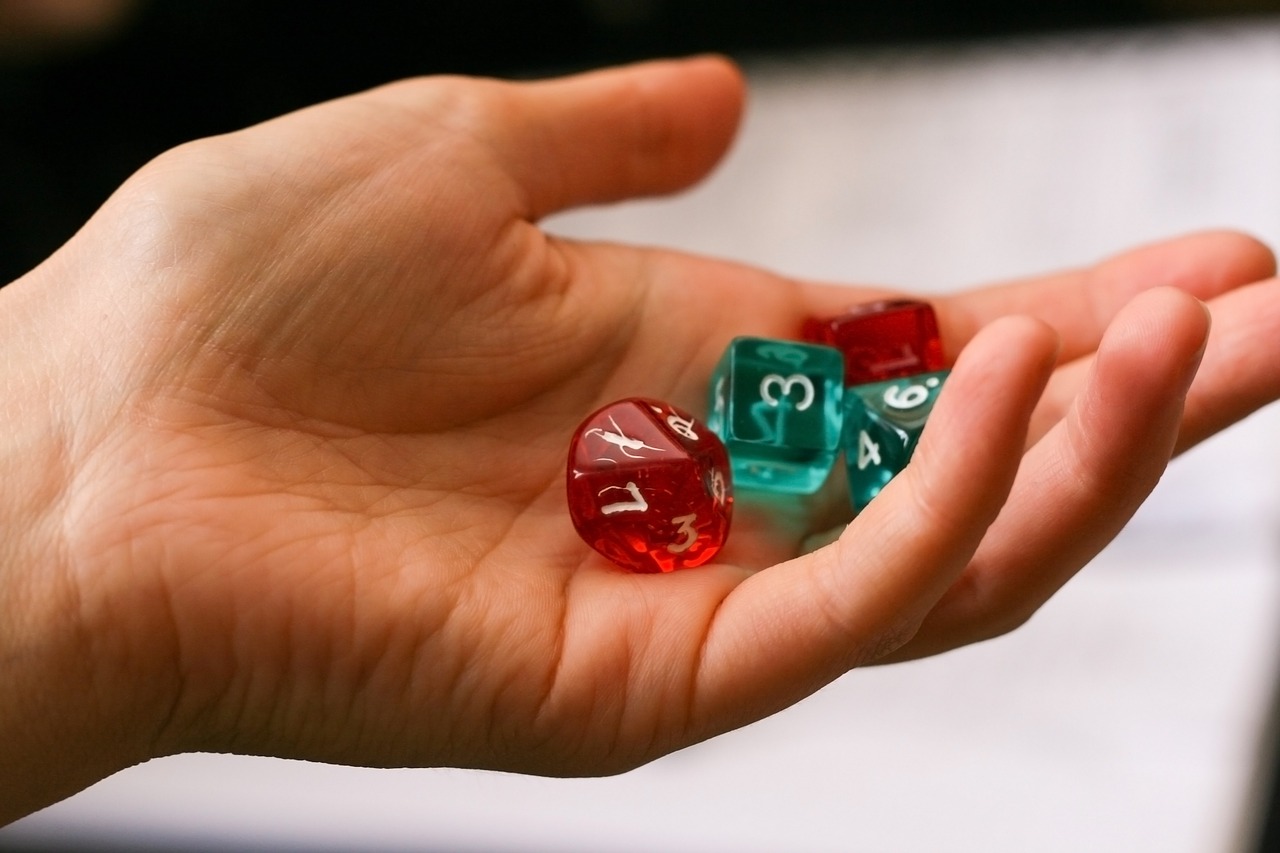Creating Roleplay ideas based on randomly generated words. Here’s today’s selection. Discover more about the Scalding Regret, Flimsy Bite and Hissing Health.
Scalding Regret
A natural ingredient placed in a stew to deter or punish deal breakers. A powerful shaman needs adventurers to complete a quest, is happy to pay and give them provisions, but asks them to drink a stew with him to honour this task. The drink is partly made of swamp weed only found in that area. It dries and grows hot outside of its own environment. When eaten, it remains in the body for 3 days. If the party venture out of the swamp area within those 3 days they will suffer horrific burns internally. They will need clerical or shamanic healing to prevent further damage.
Flimsy Bite
A potential quest. A giant eel has been sighted in the lake where the natives of the area like to fish. There hasn’t been one seen for many generations and they are afraid to go back into the waters. Any adventurers who take on this task will find the eel is harmless to the beings as it only eating small plankton-like creatures. If they follow it down into the waters, they will discover a clutch of eel eggs. If they attempt to harm or move it or its eggs, it will attempt to defend itself. The party must make the moral decision how to bring peace in the lake.
Hissing Health
There are ways to survive the jungle of Barvu but they have consequences. Plenty of animals want to attack others or protect themselves with toxic skin and venomous fangs. There is a type of snake called the Vulena that if placed on the body will heal them and protect the user from venom. But it is also a parasite. Take it off and the host creature will bleed profusely. The more wounds a player gets and turns to Vulena for help, the more the snakes will assimilate into the host’s body. There is a tribe in the jungle called the Vulens that is made up of humanoid Vulena. This is the impact of those who forget themselves and give in to the jungle.









